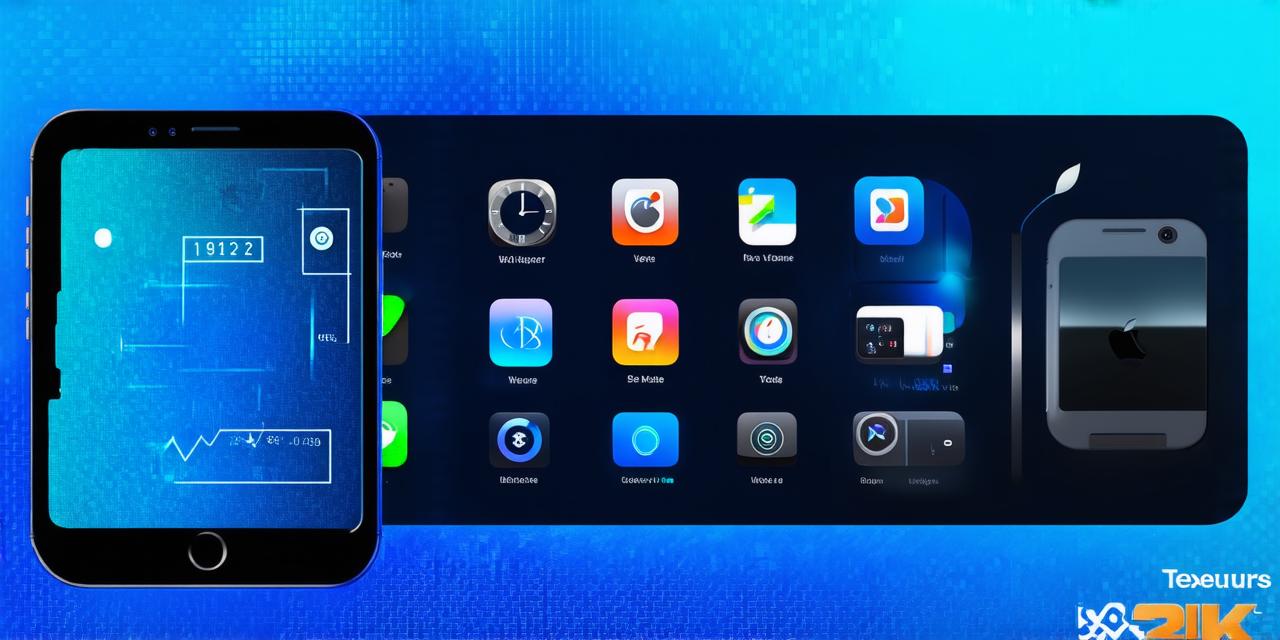iOS 18 is here, and with it comes new features and improvements that will make your app development experience even better. But before you start working with the latest version of Apple’s mobile operating system, you need to know how much time it takes to upgrade your iOS device to the newest version. In this guide, we’ll explore the different factors that can affect the time required to upgrade and provide expert advice on how to optimize the process for maximum efficiency.
Factors Affecting Upgrade Time
The time required to upgrade to iOS 18 can vary depending on several factors, including:
- Device type and model
- Internet connection speed
- Apps installed on the device
- Available storage space
- Processor speed and RAM capacity
To get a better understanding of these factors, let’s take a closer look at each one.Device Type and Model
The type and model of your iOS device can have a significant impact on the time it takes to upgrade to iOS 18. Generally, newer devices will require less time to update than older ones, as they typically have more processing power and faster internet connectivity. Additionally, some devices may not be compatible with iOS 18 at all, which means you’ll need to consider upgrading your device in order to take advantage of the latest features and improvements.
Internet Connection Speed

The speed of your internet connection can also affect the time it takes to upgrade to iOS 18. Slow internet speeds can result in longer update times, as more data needs to be downloaded and installed on your device. To optimize the update process, it’s important to make sure you have a stable and fast internet connection before starting the update.
Apps Installed on the Device
The number of apps installed on your iOS device can also impact the time required to upgrade to iOS 18. The more apps you have installed, the longer it may take to complete the update process. This is because each app needs to be updated to ensure compatibility with the latest version of iOS. To minimize the impact of app updates, it’s a good idea to uninstall any apps that are not essential to your daily use before starting the update process.
Available Storage Space
The amount of available storage space on your device can also affect the time required to upgrade to iOS 18. If you have limited storage space, it may take longer for the update to complete as more data needs to be installed on your device. To optimize the update process, make sure you have enough free storage space available before starting the update.
Processor Speed and RAM Capacity
The processor speed and RAM capacity of your iOS device can also impact the time required to upgrade to iOS 18. Devices with faster processors and more RAM will typically require less time to update than those with slower processors and less RAM. To ensure a smooth update experience, it’s important to choose a device that meets your needs in terms of processor speed and RAM capacity.
Best Practices for Upgrading to iOS 18
Now that we’ve discussed the factors that can affect upgrade time, let’s look at some best practices for upgrading to iOS 18.
1. Backup Your Data
Before starting the update process, it’s important to backup your data to prevent any loss of information in case something goes wrong during the update. You can use iCloud or iTunes to back up your data.
